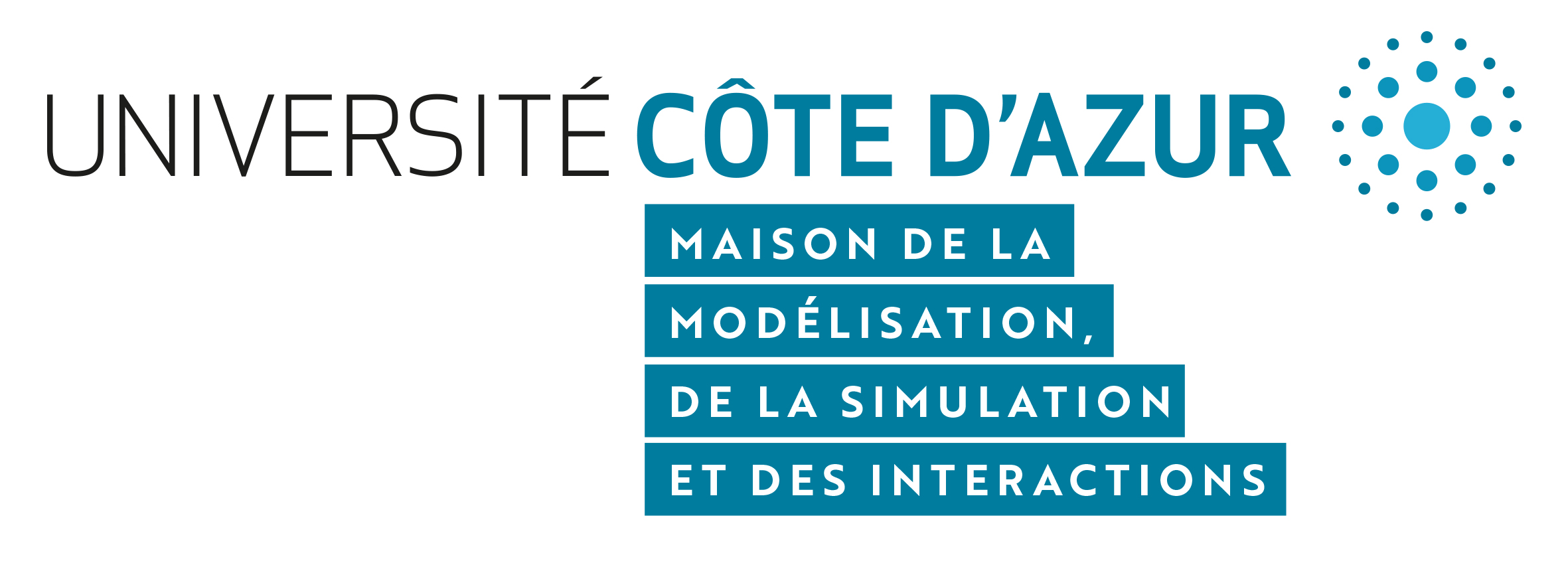DeepADAS – Use of neuronal networks in autonomous driving
Project Leader: Frédéric PRECIOSO
Project Partners: I3S and Software Labs, Groupe Renault
The DeepAdas project, led by the I3S computer laboratory in partnership with Renault Software Labs, located in Sophia Antipolis, aims to evaluate the current state of knowledge concerning driver assistance systems using a Deep Learning technique. This project explores widely a branch of AI applied to autonomous driving, which is end-to-end models based on imagery data. An end-to-end model transforms raw data into a decision, without the use of any kind of domain knowledge in the process.
DeepADAS’goal is to build a model that processes raw images recorded with a camera mounted on the front of a car, and to match these images with a direct decision about how to steer the car (direction and speed).
Many models are able to learn to drive a car from the human driving experience, achieving remarkable performance after a learning session based on only a few hours of data. One part of the project aims to evaluate, among these models, the model that offers the best compromise between decision accuracy and computation resources/computation time. Another part of the project aims to accumulate deep learning models to manage direction with obstacle detection simultaneously with speed management with sign recognition (30, 50, stop, etc.).
In order to implement the results of this work, an on-board platform connected to an RC car was used, through which a dataset is recorded. This self-recorded dataset is used to form a deep learning model, which is then deployed on the embedded platform. The results obtained show that it is possible to deploy efficient and state-of-the-art deep learning models on low-power architectures, and that the proposed model is able to drive a car on a track for several minutes without accidents, even when obstacles partially obstructing the track are placed (and then moved to the next turn) on the track.
Project start and end dates: April - September 2018

